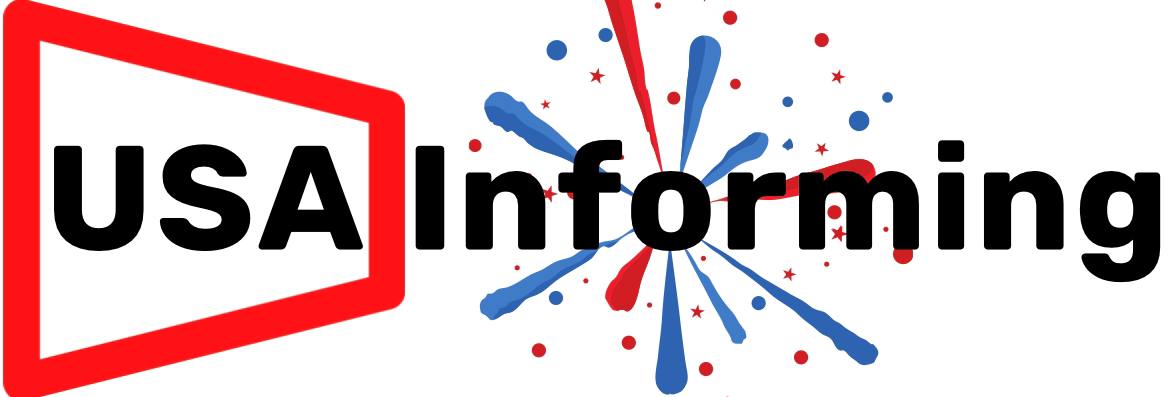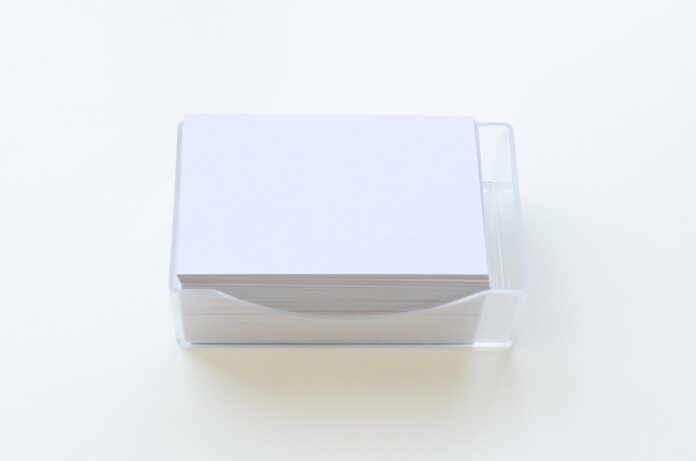We all have a sense of who we are. The way in which we see ourselves, as a result of the education we have received, the environment in which we have moved and the experiences we have lived. “I am like this,” we say. And that sense of identity conditions many of our decisions.
What’s interesting about this is that many of us tend to cling to this identity quite inflexibly. We insist on not changing our beliefs or questioning what makes the most sense to do, because it would be like being inconsistent with ourselves.
And of course, that, in a world in constant change, where the previous rules are replaced by new ones in a heartbeat, has its consequences.
“Be yourself”
One of the recommendations that we hear the most when we are trying to achieve something, is “be yourself”.
It is a recommendation that is so successful because it leaves us alone, for the simple reason that we do not have to do anything. Just be as we are. And trust that the universe, in its infinite wisdom, will arrange things to give us “what we deserve” for our pretty face.
It is a recommendation that is anchored in the premise that hold on to our identity it is good in any circumstance.
But, despite its popularity, it is one of the least successful recommendations that exist.
Why?
Because there are times when our identity – how we are and in what situation we are – helps us get what we want, but sometimes it doesn’t. And when it doesn’t help us, clinging to it doesn’t produce the best results.
This is true in many dimensions of life, but it is particularly true in finance. Our financial decisions are largely determined by how we see ourselves. And we often act to maintain consistency with that image, even when the circumstances around us make it convenient for us to adapt.

You may never have had a particular interest in save money because you think the State will take care of you in retirement, but the circumstances are different now.
You may never have had a particular interest in exploring other ways of generating income because you trust that your job is safe, but the circumstances are different now.
you may never have considered live for rent because you think it’s a waste of money, but the circumstances are different now.
You may have never believed that invest your savings taking some risk necessary, but the circumstances are different now.
You may have never believed that it makes sense invest in alternatives other than well-known financial assetslike illiquid investments, but the circumstances are different now.
The world is changing rapidly, and our beliefs and behaviors must change with it if we are to achieve our goals. And that implies that our identity must be “flexible”.
Now, what exactly does that mean?
How to make your identity more flexible
Making our identity more flexible is not easy. We often associate that idea with “betraying ourselves.” And that is why we must make an important differentiation.
There are aspects of our identity that we must protect with greater zeal, because they affect the kind of person we want to “be.”
The values.
Integrity. Loyalty. Increase. Freedom. Family. Friendship. Courage. Sincerity. Collaboration. Effort. Patience.

Among those and many others, there will be some that you choose to adopt as a priority. There will be others that you adopt as secondaries. And there will be others who have virtually no representation in your life.
The values you choose to embrace are your essence. The basic lines that mark the type of person you want to be. That is something that, once adopted, you should preserve, because it represents a compass you can always rely on in times of uncertainty.
However, there are other aspects of our identity that are not so important, and that affect not so much what we want to “be” but rather what we want to be. what we want to “do” and “how we want to do it”.
In finance, for example, it would be things like:
- how we spend
- What financial goals do we set?
- What time horizon do we operate with?
- How we generate income
- How much liquidity for emergencies do we maintain
- what we invest in
- And so on
This is where we must be flexible. When the world changes around us, we should ask ourselves if what we want to do and how we want to do it makes sense, without crossing the red lines of our priority values.
Give it a ball, Moneytimer!
If you want to access similar content, check out our #Lifestyle section.
.

